Navigating Oregon’s Toll Roads: A Comprehensive Guide
Related Articles: Navigating Oregon’s Toll Roads: A Comprehensive Guide
Introduction
With great pleasure, we will explore the intriguing topic related to Navigating Oregon’s Toll Roads: A Comprehensive Guide. Let’s weave interesting information and offer fresh perspectives to the readers.
Table of Content
Navigating Oregon’s Toll Roads: A Comprehensive Guide

Oregon, known for its stunning landscapes and diverse natural beauty, offers a network of highways and roads that connect travelers to its breathtaking destinations. While most roads in the state are free to use, there are a few toll roads that contribute to the maintenance and improvement of these vital transportation corridors. Understanding the nuances of these toll roads is crucial for anyone planning a trip through Oregon, ensuring a smooth and enjoyable journey.
Understanding Oregon’s Toll Roads
Oregon currently operates one toll road: the Portland-Vancouver Interstate Bridge, spanning the Columbia River and connecting Portland, Oregon, with Vancouver, Washington. This bridge is operated by the Oregon Transportation Commission (OTC), which oversees the collection of tolls and the utilization of these funds for transportation infrastructure projects.
Navigating the Portland-Vancouver Interstate Bridge
The Portland-Vancouver Interstate Bridge is a critical artery connecting the two major cities and facilitating commerce and travel between Oregon and Washington. Drivers can choose from several payment options for traversing this toll bridge:
- Transponder: The most convenient and cost-effective option is to obtain an Oregon Tolling Pass (OTP) transponder. These transponders, available at various retailers and online, automatically deduct tolls from a pre-paid account, eliminating the need to stop at toll booths.
- License Plate Toll (LPT): For drivers who do not have an OTP, the bridge utilizes License Plate Toll (LPT) technology. Cameras capture license plate information, and tolls are billed to the registered vehicle owner. This method requires a separate account and payment processing.
- Cash Payment: While cash payments are accepted at toll booths, they are generally less efficient and can lead to delays.
Benefits of Oregon’s Toll Roads
The implementation of toll roads in Oregon serves several critical purposes:
- Funding Infrastructure Improvements: Toll revenue directly contributes to the maintenance, repair, and expansion of transportation infrastructure, ensuring safe and efficient travel for all road users.
- Reducing Congestion: Toll roads can help manage traffic flow, particularly during peak hours, by providing alternative routes and encouraging drivers to consider different travel times.
- Promoting Sustainable Transportation: Toll revenue can be used to fund projects that promote alternative modes of transportation, such as public transit and bike paths, leading to reduced emissions and improved air quality.
- Enhancing Safety: Toll revenue can be used to implement safety features on roads, such as improved lighting, signage, and traffic control systems, contributing to a safer driving environment for all.
Tips for Using Oregon’s Toll Roads
- Plan Ahead: Familiarize yourself with the toll road locations and payment options before your trip.
- Obtain an Oregon Tolling Pass (OTP): Opting for an OTP provides the most convenient and cost-effective method of paying tolls, avoiding delays at toll booths.
- Review Your Account: Regularly check your OTP account balance and ensure sufficient funds for your upcoming trips.
- Be Aware of LPT Billing: If you do not have an OTP, be aware of the LPT process and ensure your vehicle registration information is accurate.
- Utilize Resources: The OTC website provides comprehensive information on toll roads, payment options, and FAQs.
FAQs About Oregon Toll Roads
Q: What are the toll rates for the Portland-Vancouver Interstate Bridge?
A: Toll rates vary based on vehicle type and payment method. You can find up-to-date information on the OTC website.
Q: Can I use my out-of-state transponder on Oregon toll roads?
A: Some out-of-state transponders may be compatible with Oregon’s tolling system. However, it is recommended to consult with your transponder provider or the OTC for confirmation.
Q: What happens if I do not pay the toll?
A: Failing to pay tolls will result in a penalty fee. The OTC will send a notice to the registered vehicle owner, and failure to pay can lead to further legal action.
Q: Can I use a credit card to pay tolls at the bridge?
A: While cash payments are accepted, credit cards are not currently accepted at toll booths. However, you can use a credit card to set up an OTP account or to pay tolls online through the LPT system.
Q: Are there any discounts or exemptions for toll payments?
A: The OTC offers discounts for frequent users and exemptions for certain vehicles, such as emergency vehicles and motorcycles.
Conclusion
Oregon’s toll roads play a vital role in supporting transportation infrastructure and promoting efficient and safe travel throughout the state. By understanding the toll road system, payment options, and associated benefits, travelers can navigate these roads with ease and contribute to the continued improvement of Oregon’s transportation network.
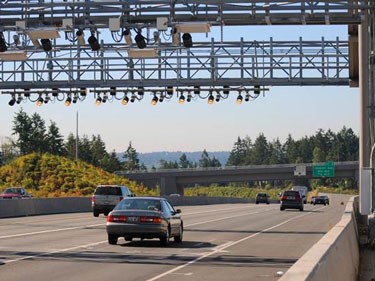

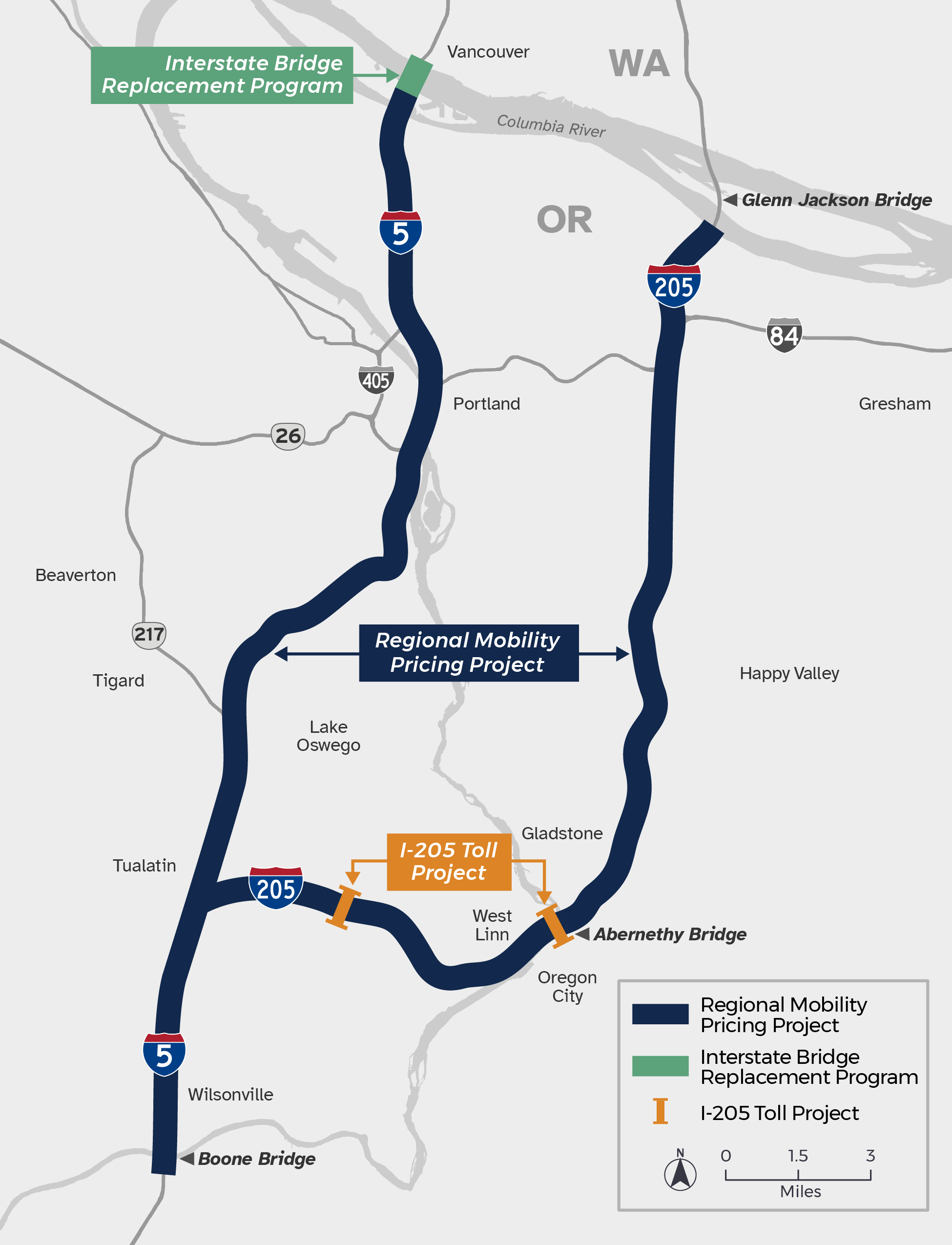
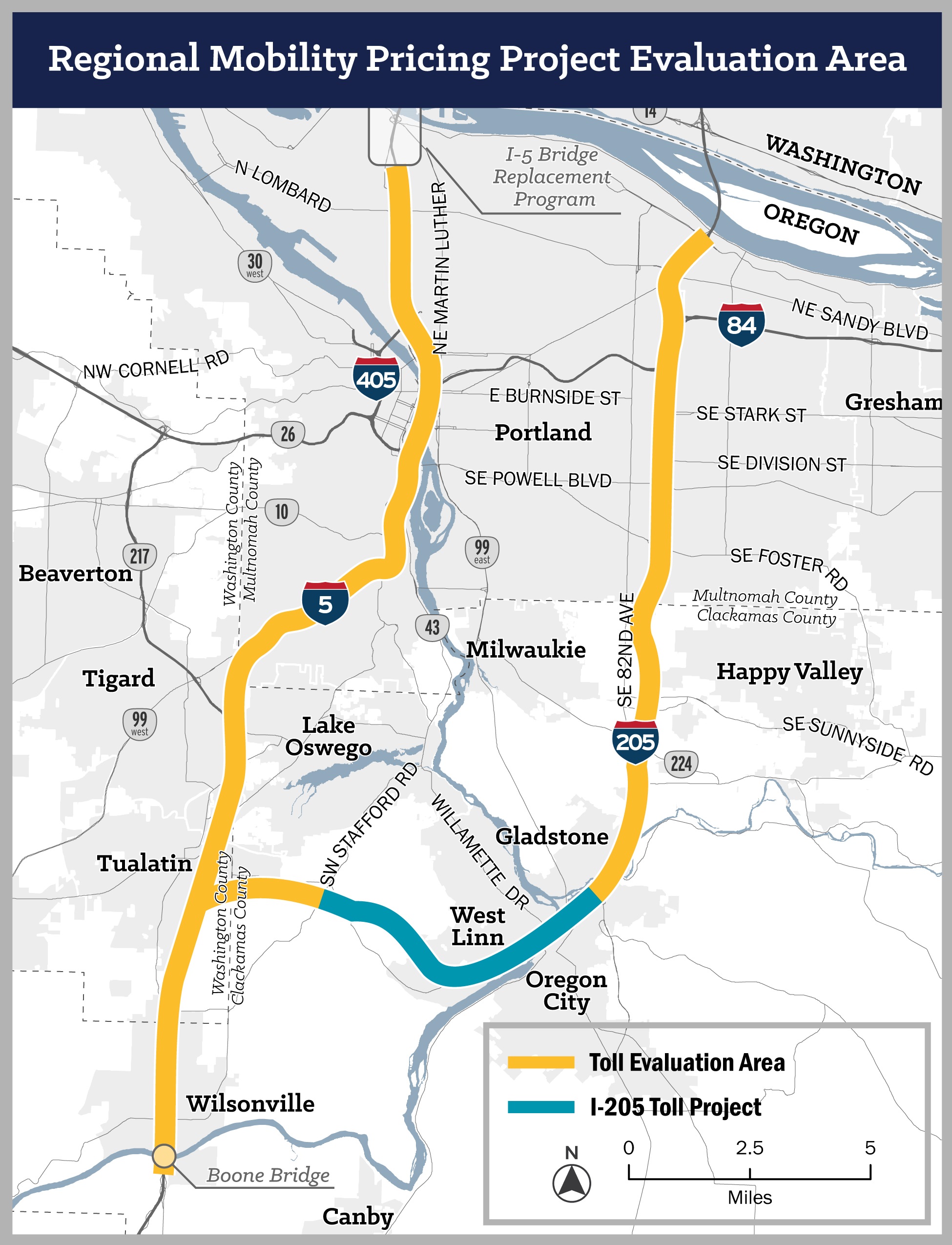
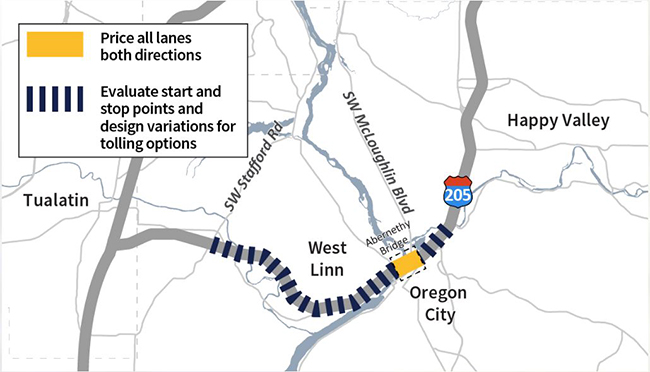
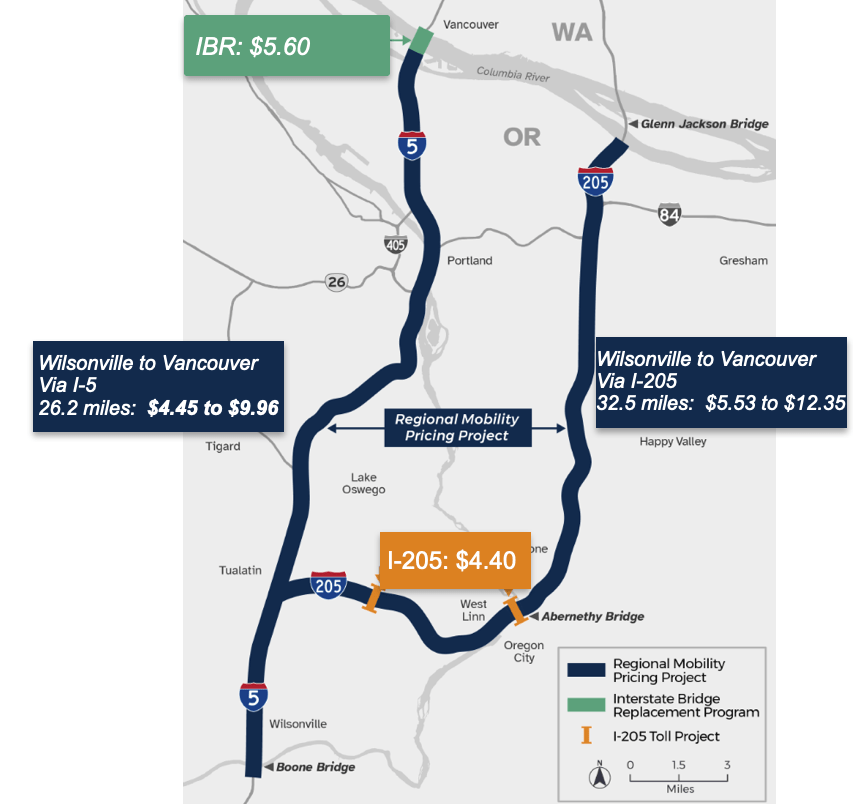
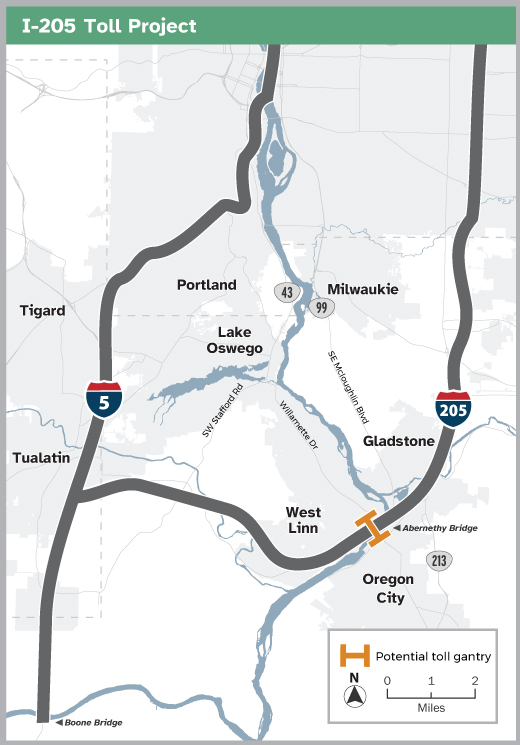
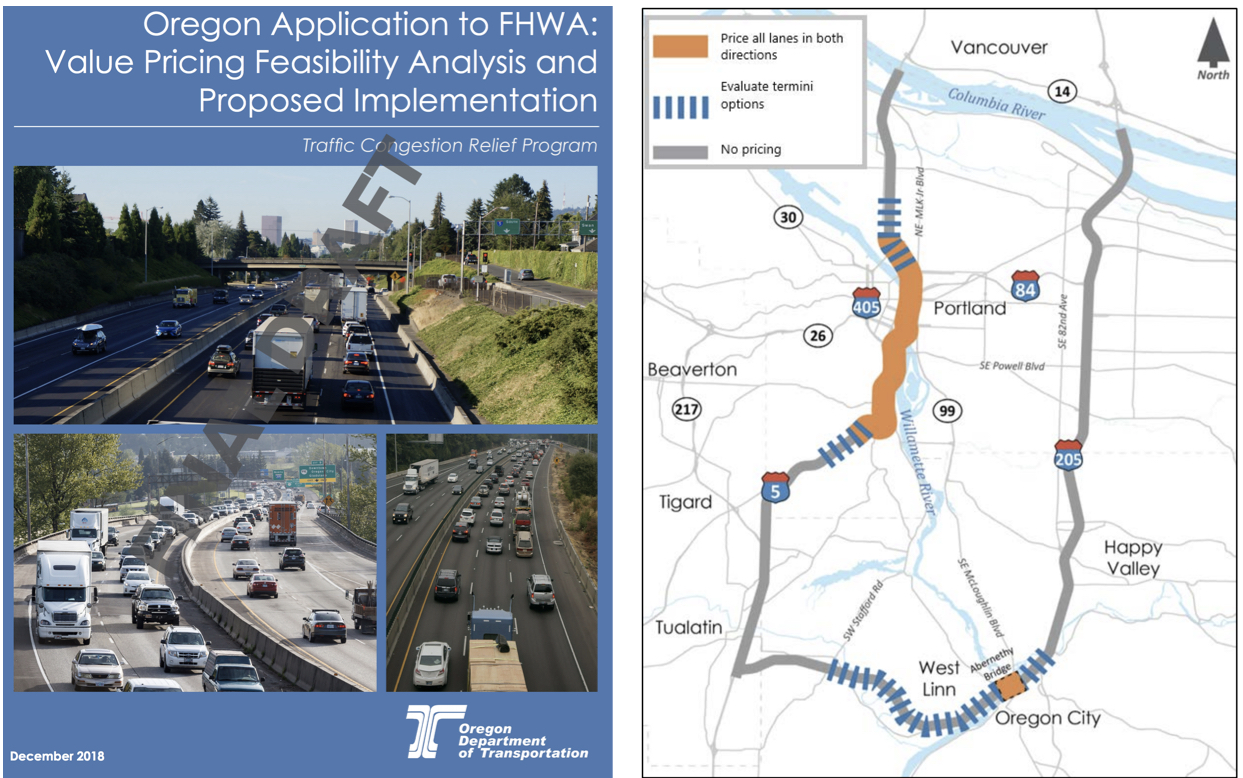
Closure
Thus, we hope this article has provided valuable insights into Navigating Oregon’s Toll Roads: A Comprehensive Guide. We thank you for taking the time to read this article. See you in our next article!
